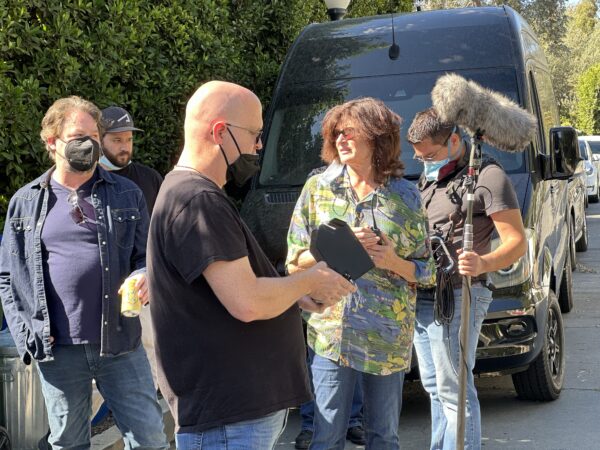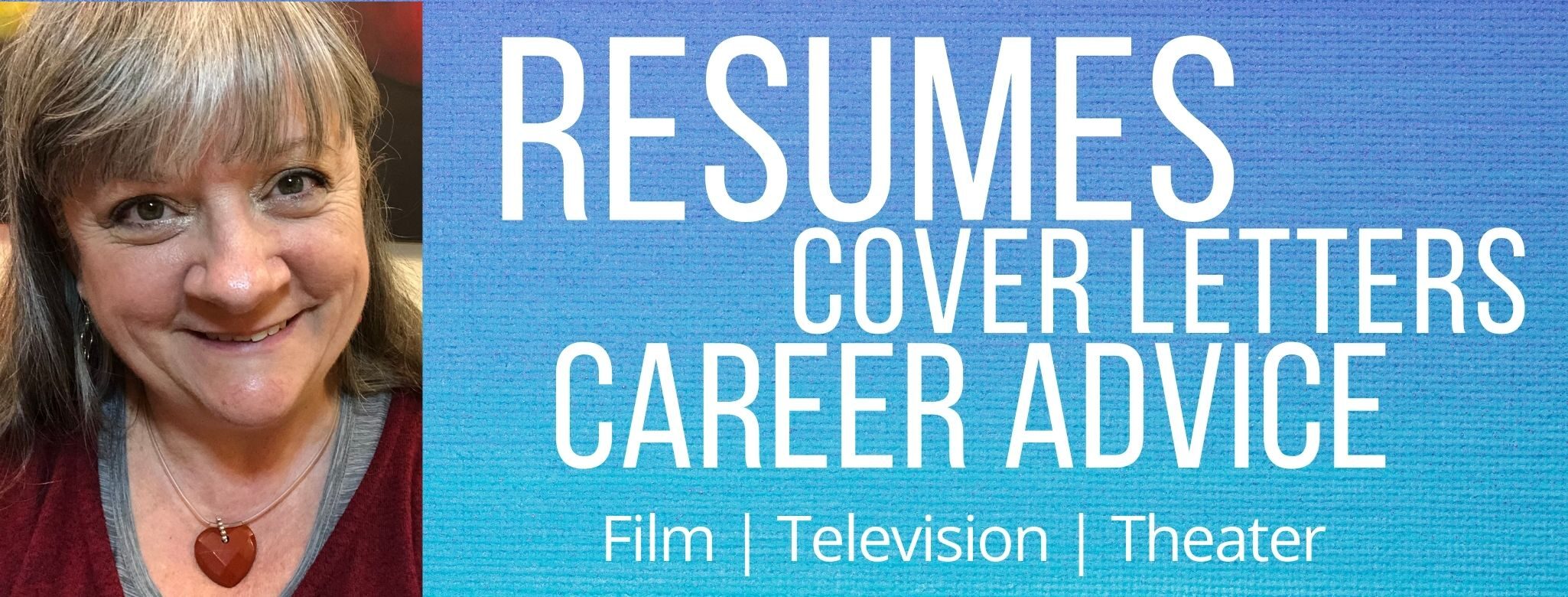
LinkedIn has released its 2023 “Future of Recruiting” Report containing several predictions about hiring and recruitment in the next few years.
It’s a quick read in infographic presentation style and contains plenty of statistics from LinkedIn’s survey research. Some information applies to the professional development of the individual recruiter as a job title, while other parts apply to hiring trends across all industries.
Here are my key takeaways.
- Searching by Skills and Skill-first hiring is on the rise.
This means that years of experience or the names of past employers are becoming less important to hirers when examining resumes for advertised jobs – but not that these factors have disappeared!
- 75% of recruiters say that skill-first will be a priority, with their companies being 50% more likely to search by skills than years of experience.
- Recruiters also admit that they don’t always know how to assess applicant’s skills.
My predictions:
- ATS developers will start to include in their software a section to list desired Skills as single words or short phrases towards the top of the job listing template. This contrasts with the current bullet points under “Qualifications” which use full sentences.
The resume section immediately below the Summary, sometimes called “Core Competencies” or “Skills” which is often 2 or 3 columns, will become more common, eventually ubiquitous. At that point the human reader will have been trained to look for it, just as ATS has effectively trained human readers to look for the time at a job along the right-hand margin. Do remember that ATS still don’t like tables, and it will read columns as one long column so put the key skills first for more emphasis.

What does this mean to Working in Entertainment?
For freelance workers – Credits-based resumes are not going to go away, where the job title on any show indicates that you have the related skills. Still, it might become useful to highlight skills in the summary. This should be brief – one or two bullets that refer particularly to the job title you’re going for.
ATS applications to listed jobs at studios, networks and production companies – It is still important to lead with keyword loading per the job listing, but also include skills and competencies as part of the Summary section, in columns. Keep the skills relevant to the job, rather than list every single thing you know how to do. Avoid muddling entry level skills with higher level skills and consider the department. It is pointless to include a whole lot of VFX skills when the gig is in development.
- Should you cite particular tech skills such as the cameras you know how to operate? If a particular brand or model is mentioned in a job listing, YES do include your proficiency with it.
- But for freelancers – you want to avoid leaving off the very device that they want to use for their show. A bit of research is helpful – call and ask what they plan to use on a show. Or list all the common brands without all the models but say to the effect of “including the {newest model}.”
General Resumes in other industries –
Add that Skills section in columns – not a table – after the Summary bullets. Keep them relevant to the job at hand, and again, the level of employment. This is not an excuse for a “kitchen sink” resume.
- Don’t put administrative or office support skills in a resume for management or executive level functions. It makes you look like you can’t delegate. Management resumes should focus on strategic planning, leadership skills, account management, or client acquisition – that is to say executing the high-level priorities of the business.
Continue to focus on achievements ahead of duties. Use your cover letter to expand on your achievements to tell the story of how you gained and continue use your skills.
Does this mean that Functional Resumes will become more important for people working in sales, general labor, or customer service industries? Maybe, but I wouldn’t depend on that yet. ATS driven job hunting will still prefer chronological resumes. However, that may change with improvements in the AI. In the meantime, read this article about when to use a Functional format resume.
2. Traditional degrees are becoming less important to many hirers
- 20% of US job posts on LinkedIn don’t require a 4-year degree.
That doesn’t sound like much, but the key is not the figure itself but the rapid and steep increase over a brief period (6 months) that shows that this is a decided trend.
- If skills are going to be more important, by inference skills acquisition and vocational training to keep up to date, will also be more important. As part of the Skills-first trend, expect recruiters to pay more attention to local community colleges.
For Resumes – Another way to bring in skills is to cite certifications or trainings in the Summary section, which is at the top, as well as in your Education/Professional Development section, at the end. It’s OK to be repetitive.
- Join a group that fits your needs and demographic that offers training in your field. For example, women and gender non-conforming professionals in entertainment can benefit from the ongoing training and professional development programs offered by Women in Media. These trainings create a pathway to union membership and high-level networking opportunities as part of the #HireTheseWomen initiative.

3. 75% of believe that internal mobility will be more important
This means fewer higher-level positions filled from outside the company.
- 81% of recruiters say that upskilling and reskilling current employees will be an important factor in retention and mobility.
- Remember that you can access all kinds of professional training and development for free through your county or city library system – including LinkedIn Learning (formerly Lynda.com).
For freelancers in entertainment, perhaps this trend will translate as increasing the prevailing preference for hiring someone people have worked with before. We can hope it will grow into a trend of hirers, especially big studio projects, networks with ongoing series, and production companies with a slate of projects, facilitating crew folk advancing in their careers with skills training, and rising through their departments, thus making room for new folks coming up.
Network, network, network!
Something to think about.
Will this lessen or exacerbate ageism? On one hand, a resume showing long years of experience can trigger bias thinking, a situation helped by limiting your resume to the last 15 or so years.
On the other hand, if experience time doesn’t matter, how do you prove mastery? The answer is stories and examples.
- Every time you assert a skill in your cover letter or interview, give an example of when you used it, gained it, or grew it.
